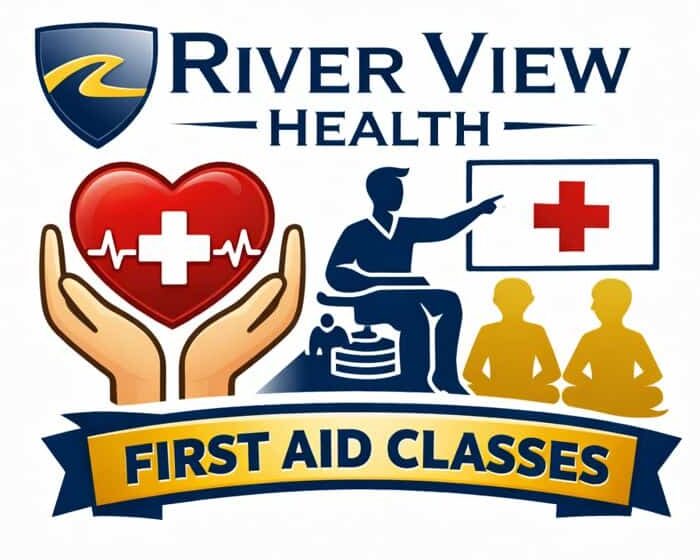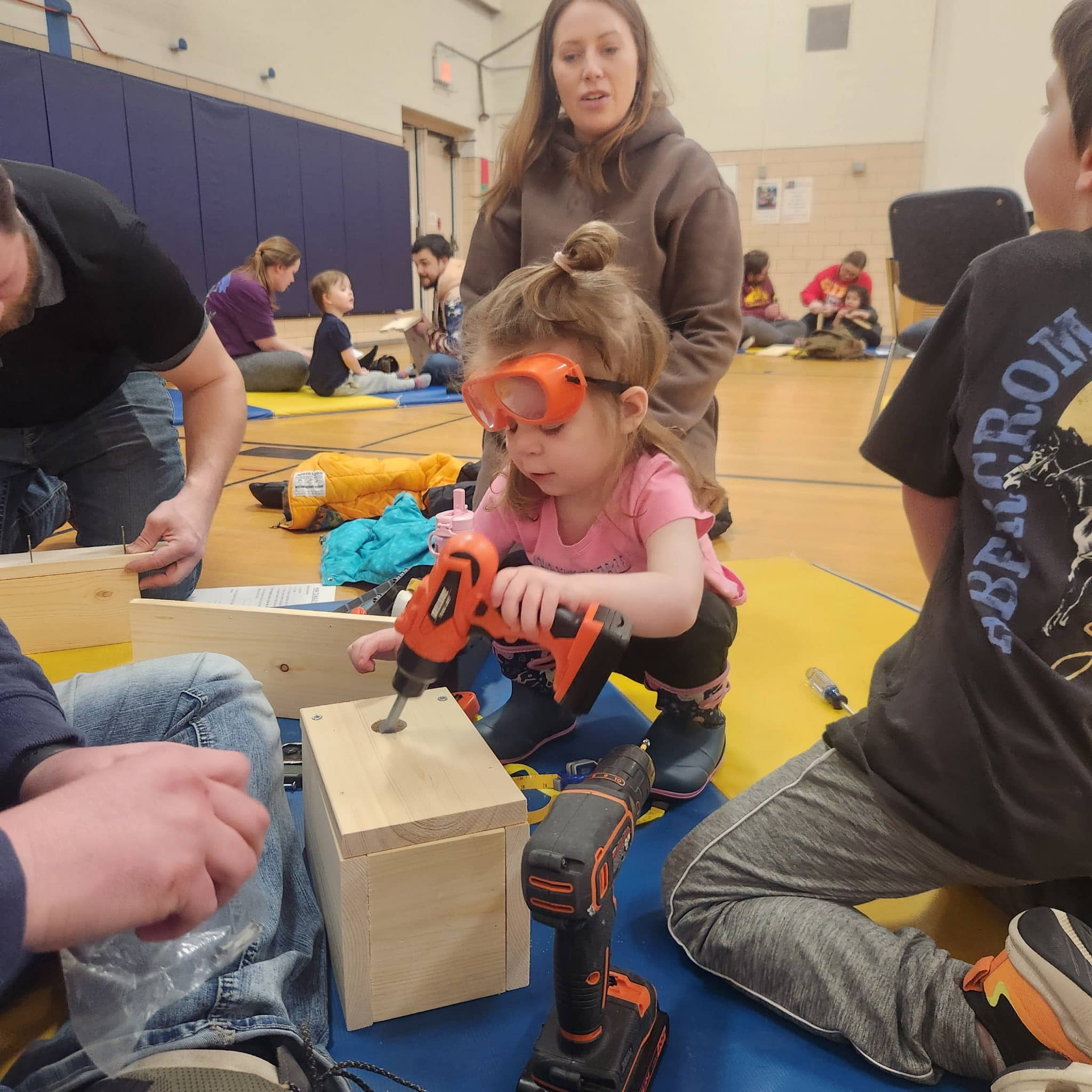The Crookston Public Schools Policy Committee met inside the District Administrative Office on Wednesday afternoon to review and discuss changes made to three policies by the Minnesota School Board Association based off of legislature changes to state laws. The three policies were Drug and Alcohol Testing, Drug-Free Workplace/Drug-Free School, and Internet Acceptable Use and Safety Policy.
For the Drug and Alcohol Testing Policy, the main changes to it were that the school district must utilize the U.S. DOT Drug & Alcohol Clearinghouse to conduct pre-employment queries, annual queries, and reports regarding CDL holders who operate CMVs on public roads (including bus drivers) and who are covered by the Federal Motor Carrier Safety Administration (FMCSA) Drug and Alcohol Testing Program. They must also comply with the alcohol and controlled substance testing required under Title 49. And before employing a driver subject to a controlled substance and alcohol testing, the district must conduct a full pre-employment query of the federal Commercial Driver’s License (CDL) drug and alcohol Clearinghouse to obtain information about the driver if they have a verified positive test result, have an alcohol confirmation test with a concentration of .04 or higher, has refused to submit to a test in violation of federal law, and has reported actual knowledge that the driver used alcohol or a controlled substance on, before, or after an accident. The school will also have to submit a to the Clearinghouse for any record generated of an individual that refuses to take an alcohol or controlled substance test required under Title 49.
For the Drug-Free Workplace/Drug-Free School Policy, the changes included that alcohol, nonintoxicating cannabinoids, including edible cannabinoid products, toxic substances, or other controlled substances prescribed for medical purposes would also be prohibited from being consumed, vaped, or sold by any employees and students in any school location. “I think with these state statutes about being able to use some of these products for medical uses and all. I think the state law still allows for some use at home or outside, but when it comes to the school and any kind of product coming into the school that’s cannabis, those are things that this policy addresses,” Superintendent Kuehn explained. “That allows schools to administrate and make sure that our student and staff stay away and is the drug-free workplace and school that we have the expectations and policies in place that ensure. I think that the update with the things that happen with the legislature approving somethings with the use of cannabis products is what the changes are for policy 418.” The policy also mentioned that the students may have to be required to participate in programs and activities providing education against the use of alcohol, tobacco, marijuana, smokeless tobacco products, electronic cigarettes, and nonintoxicating cannabinoids, and can be referred to drug or alcohol assistance or rehabilitation programs to assist with any help they may need.
For the Internet Acceptable Use and Safety Policy, the changes included that the school district or the technology provider could not electronically access or monitor the students with any location-tracking feature of a school-issued device, audio or visual receiving, transmitting, or recording feature, and student interactions with a school-issued device, including but not limited to keystrokes and web-browsing activity. “The idea of the Internet Acceptable Use Policy is to protect students and staff on the use of technology in our school building and on our school website. A lot of it had to do with our acceptable use, internet policies, and filtering systems. What’s new from the state legislature is a state statute of how we need to ensure that we’re protecting student identity and data. There are three areas that we have to focus on, any technology application or software program that has to do with testing assessment or curriculum based, we have to have those apps and softwares listed on our school district website, and we have to send a notice home to parents each year that these products that we use are available to use on our website,” said Superintendent Kuehn. “Part of that is also not only listing the product but their data privacy, what they do to ensure that student data privacy is not subject to being accessed.” The policy stated that students and staff could only engage in those activities for certain exceptions, such as if the school district has been noticed or is aware that a device is missing/stolen, the activity is necessary to respond to an imminent threat to life or safety, or the activity is to comply with federal or state law. And if a district or tech provider does one of these things, they must notify the student to whom the device was issued or to the student’s parents and provide a written description of the interaction, with a description of the threat and what device was accessed within 72 hours. It also included that students in Preschool and Kindergarten may not use an individual-use screen (tablet, smartphone, etc.) without the engagement from a teacher or other students.
The board discussed that they would do a first reading of these policy changes at the School Board meeting on Monday, August 22, and address them and some other policies that were going to be changed in the school board meeting on September 22.




